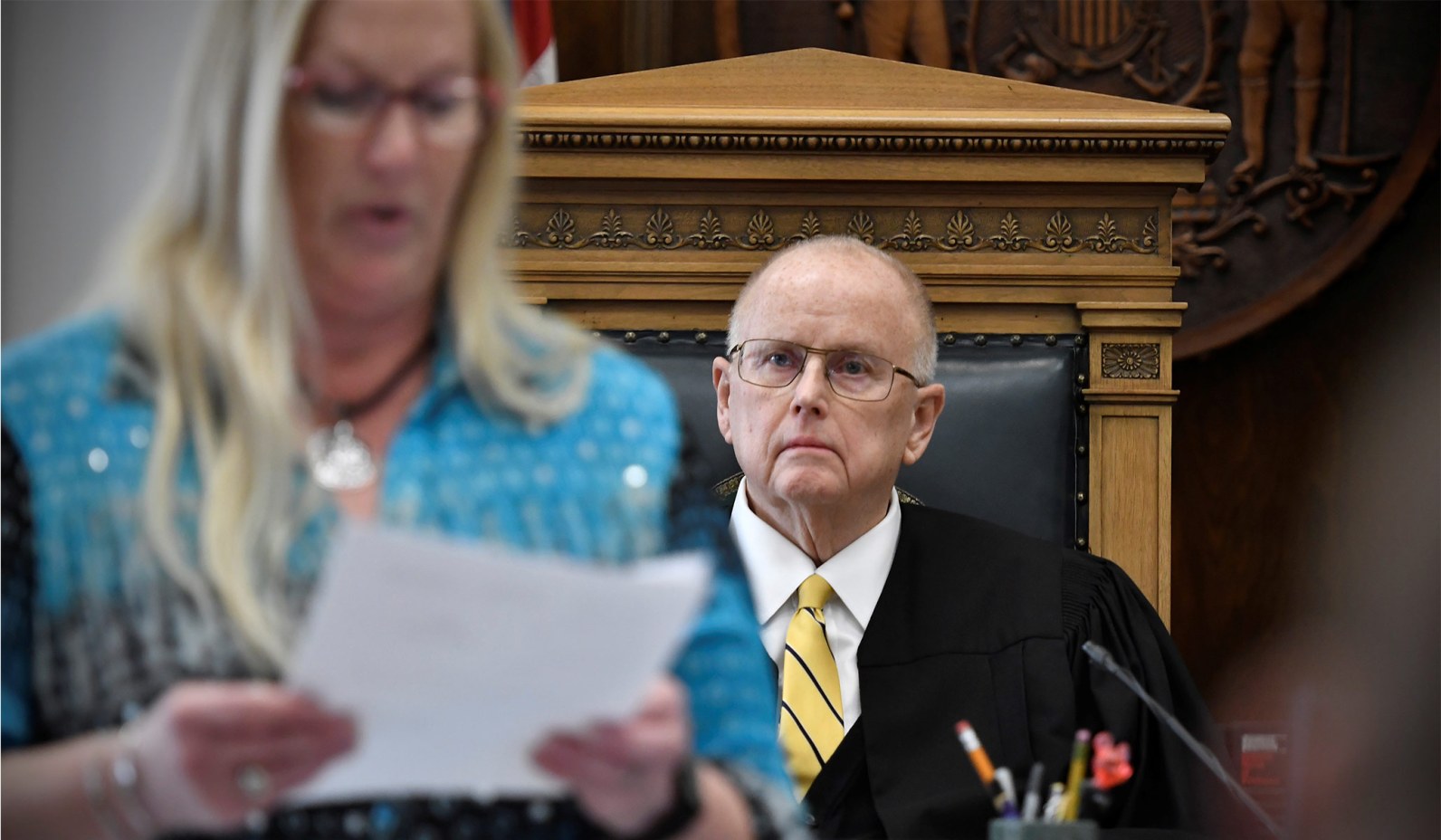
Mere minutes elapsed between the end of the Rittenhouse trial and the arrival of the unsolicited hot takes. Responding to the decision, the attorney general of New York, Letitia James, explained that “as a lawyer, I respect jury verdicts,” but confirmed nevertheless that the existence of a jury verdict that she dislikes had convinced her that “our system needs to be uprooted.” On Twitter, Colin Kaepernick echoed this sentiment, proposing that the decision “further validates the need to abolish our current system.” From New York City, Mayor Bill DeBlasio called the trial “a miscarriage of justice.” In an email blast, the chairman of the DCCC, Sean Patrick Maloney, lamented “a legal system that fails to hold the violent accountable.” And, of course, there were the ever-present threats of “No justice, no peace.”
Thing is, though, this was justice — in both senses of that word. It was procedural justice, involving formal charges, a bond, the presumption of innocence, and the eventual verdict of a jury. And it was substantive justice, because, as anyone who followed the trial closely saw, the prosecution failed to prove its brief. The case against Rittenhouse finished as it did not because of some forlorn or biased “system,” but because the case against Rittenhouse was irredeemably weak. And, in a system that cherishes the presumption of innocence, cases that are irredeemably weak tend to fail.
That Rittenhouse was likely to be acquitted was blindingly obvious from the start. Not only did the State of Wisconsin elect to file its charges just two days after the incident in question — before passions had cooled, before the facts were known, before even a cursory investigation had been conducted — but the charges it picked were wholly unsuited to the facts. With the exception of the now-dropped firearms charge, every single accusation that the state made against Rittenhouse was in the first degree, reflecting a set of assumptions that could not be sustained by the evidence. “How could Rittenhouse have walked?” the cavilers ask. A better question is: How could he not have walked? Contrary to the insinuations of many in the media, this was not a trial of America or of men or of white people or of gun-owners or of teenagers or of people who live in the Midwest, but of a single person, Kyle Rittenhouse, and of the single set of facts that pertained to him. There is no such thing as collective guilt in the United States.











